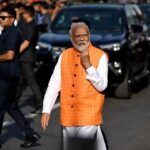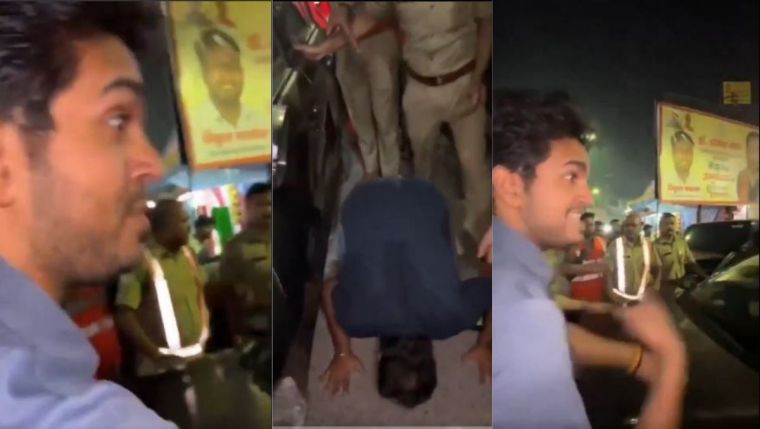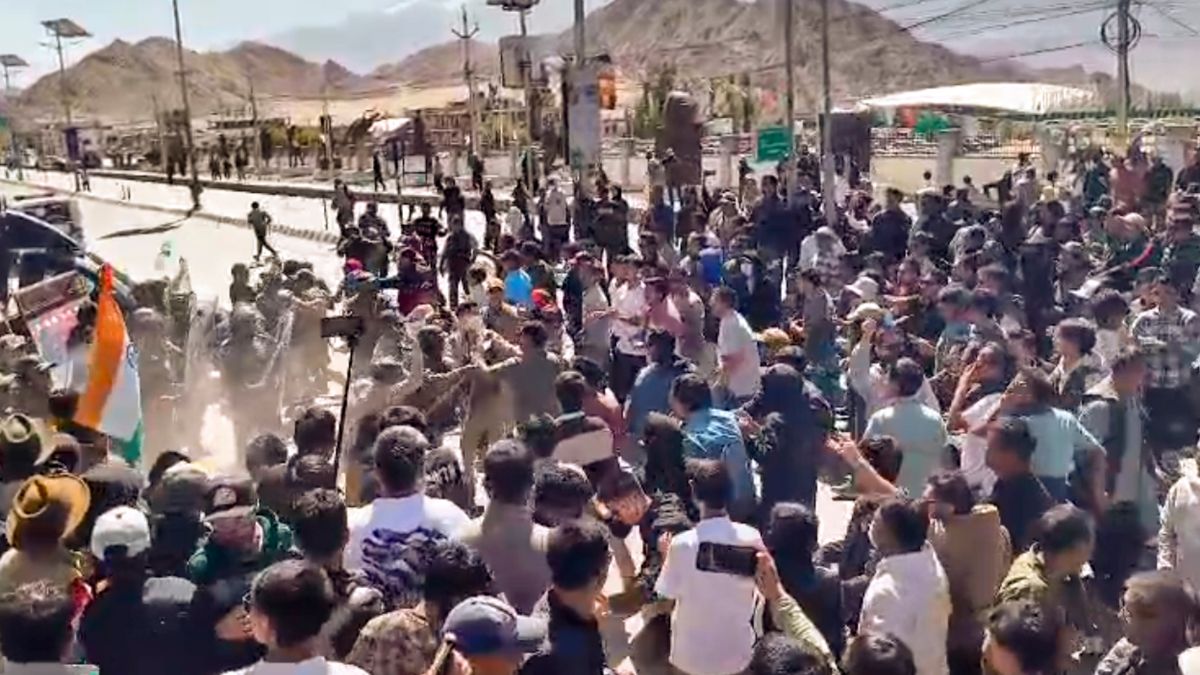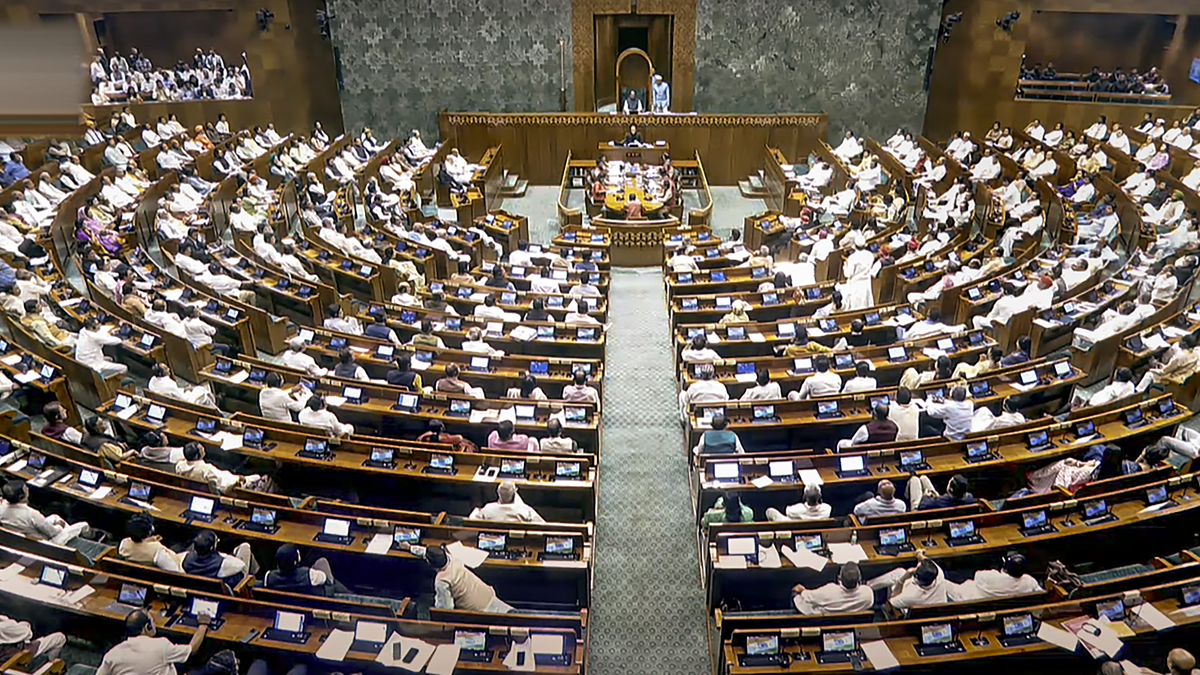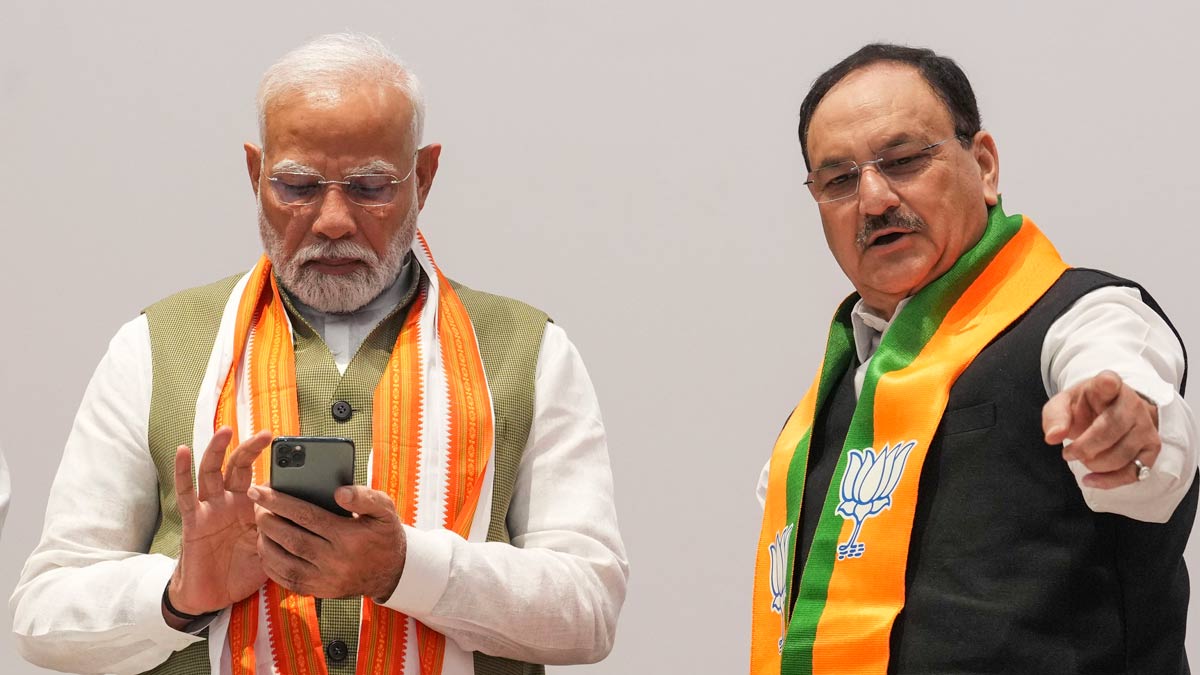New Delhi, – In a historic decision, the Delhi High Court granted permission to incarcerated MP Sheikh Abdul Rashid (Engineer Rashid) to take oath and attend Parliament sessions, setting a significant precedent for elected representatives’ rights in India. The ruling comes amid a heated legal and political debate over whether an undertrial prisoner can perform parliamentary duties.
Rashid, an independent MP from Baramulla, Jammu & Kashmir, won the 2024 Lok Sabha elections while in Tihar Jail on charges under the Unlawful Activities (Prevention) Act (UAPA). His victory and subsequent legal battle have sparked nationwide discussions on democratic rights, judicial custody, and parliamentary privileges.
Key Highlights of the Delhi HC Verdict
1. Court’s Directives for Temporary Release
- Rashid will be escorted by prison authorities to Parliament for oath-taking.
- He may attend sessions but must return to jail immediately afterward.
- No permission for public meetings or media interactions during his temporary release.
2. Legal Basis for the Decision
The court cited:
✔ Constitutional Morality – MPs must be allowed to fulfill democratic duties.
✔ Rule of Law – Undertrials are presumed innocent until proven guilty.
✔ Precedents – Past cases where jailed politicians were permitted to vote in legislatures.
3. Government & NIA’s Opposition
The National Investigation Agency (NIA) argued that Rashid’s release could:
- Pose a security risk given the serious UAPA charges.
- Set a dangerous precedent for other terror-accused politicians.
However, the court rejected these concerns, emphasizing parliamentary democracy’s sanctity.
Who is Engineer Rashid?
Political Background
- Former engineer-turned-politician from J&K.
- Founded the Awami Ittehad Party (AIP) in 2013.
- Known for anti-establishment rhetoric and advocacy for Kashmiri rights.
Arrest & UAPA Charges
- Arrested in 2019 in a terror funding case.
- Allegedly linked to separatist funding networks (charges he denies).
- Contesting elections from jail, he defeated National Conference’s Omar Abdullah in a major upset.
Why This Ruling is Significant
1. Reinforces Democratic Principles
- Affirms that voters’ mandate cannot be ignored due to incarceration.
- Strengthens the idea that undertrials retain fundamental rights.
2. Precedent for Future Cases
- Opens doors for other jailed politicians to seek similar relief.
- May influence cases like Delhi CM Arvind Kejriwal’s (if he seeks bail for official duties).
3. Political Implications in J&K
- Rashid’s victory reflects growing dissent against mainstream parties.
- His presence in Parliament may amplify Kashmir-centric debates.
Legal & Constitutional Debate
1. Can Undertrial MPs Function Normally?
- Article 101 of the Constitution mandates MPs to take oath within 6 months or lose seats.
- Representation of the People Act doesn’t bar undertrials from contesting.
2. Conflict Between Security & Democracy
- Government’s Stand: UAPA accused should not get privileges.
- Court’s Counter: Innocence presumption applies until conviction.
3. Global Comparisons
- South Africa: Nelson Mandela campaigned from prison.
- USA: Eugene Debs ran for president while jailed.
Reactions from Political Parties & Experts
Support for the Judgment
✅ Mehbooba Mufti (PDP): “A victory for democracy.”
✅ Kapil Sibal (Lawyer): “Courts must protect elected voices.”
✅ Civil Rights Groups: Hail it as a win for due process.
Criticism & Concerns
❌ BJP Leaders: Fear it may embolden separatist elements.
❌ Security Experts: Warn of potential misuse by extremists.
What Next for Engineer Rashid?
- Oath Ceremony: Expected in the upcoming Parliament session.
- Legal Battle: His UAPA trial continues; if convicted, he’ll lose his MP seat.
- Political Role: May use platform to highlight Kashmir issues in Parliament.
Conclusion: A Watershed Moment for Indian Democracy
The Delhi HC’s ruling underscores that democratic representation cannot be suspended merely over allegations. While security concerns are valid, the judiciary has prioritized constitutional values over political convenience.
As Rashid prepares to enter Parliament in handcuffs, India witnesses a rare clash between incarceration and democracy—one that could reshape the future of electoral politics and judicial custody.






















